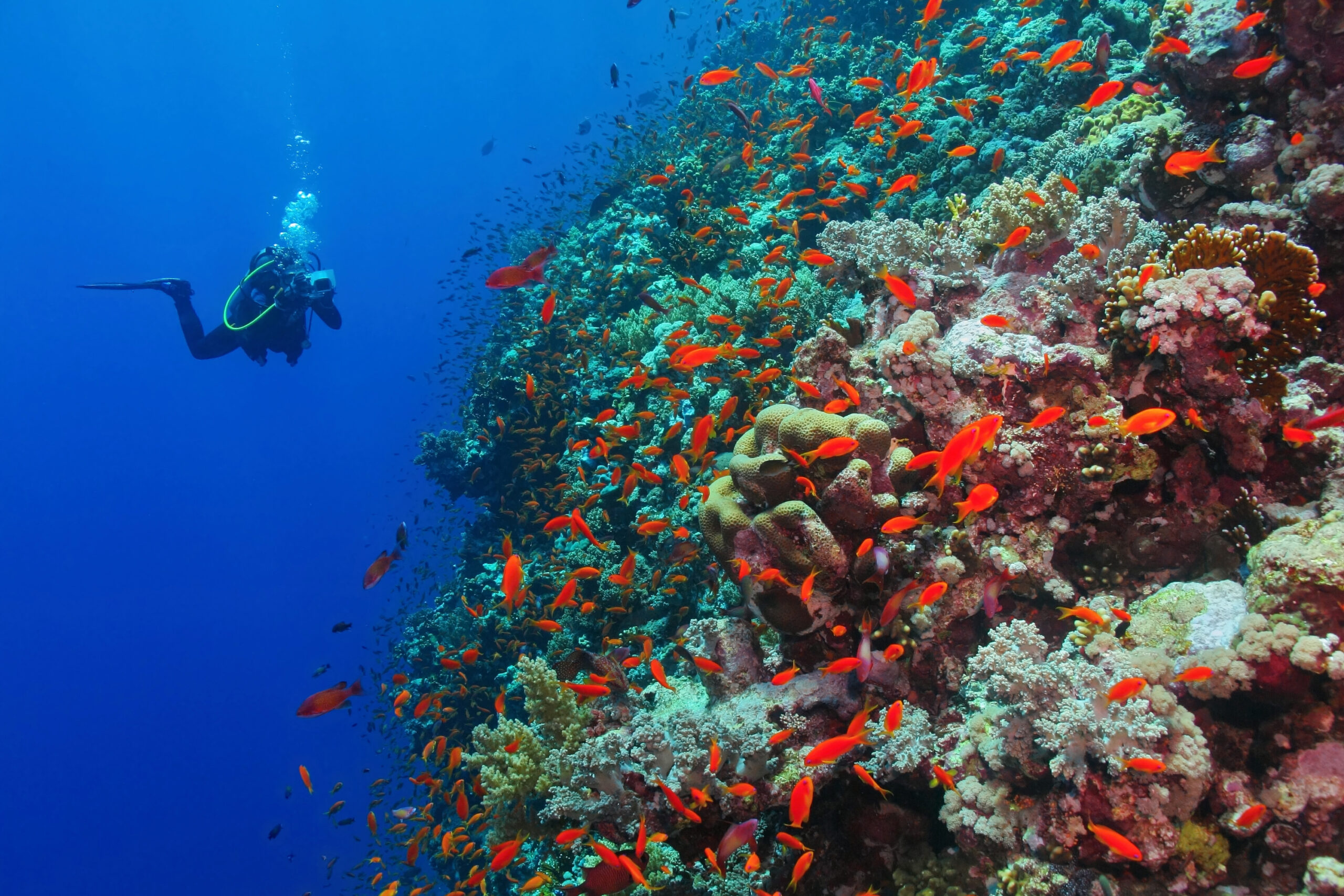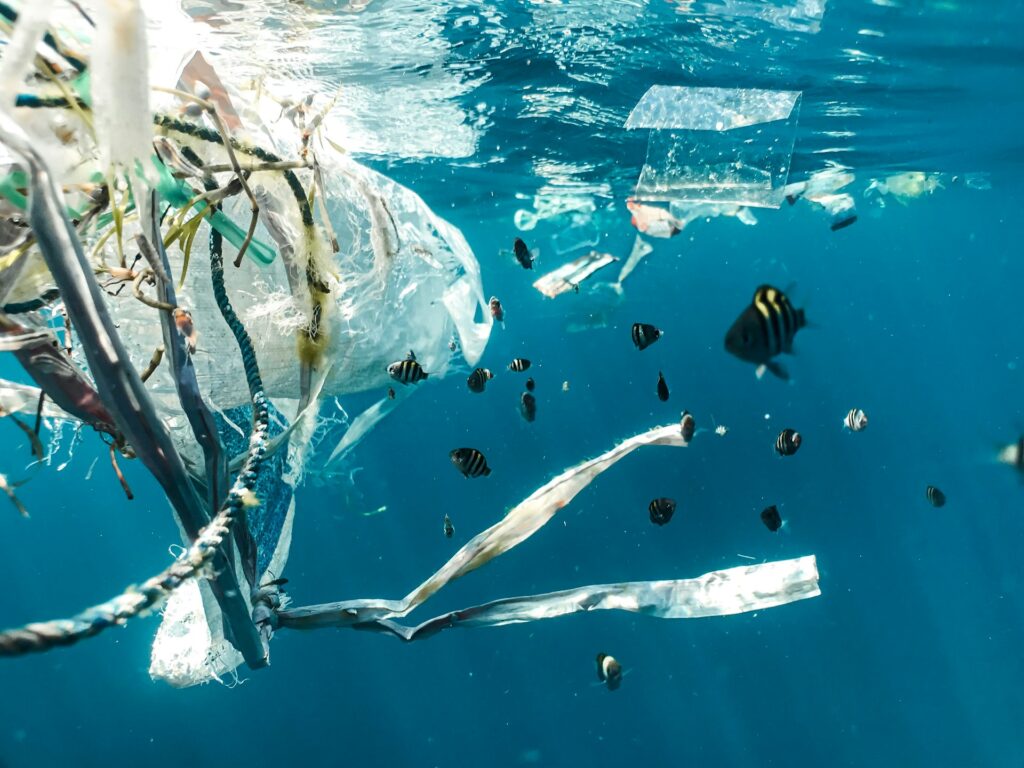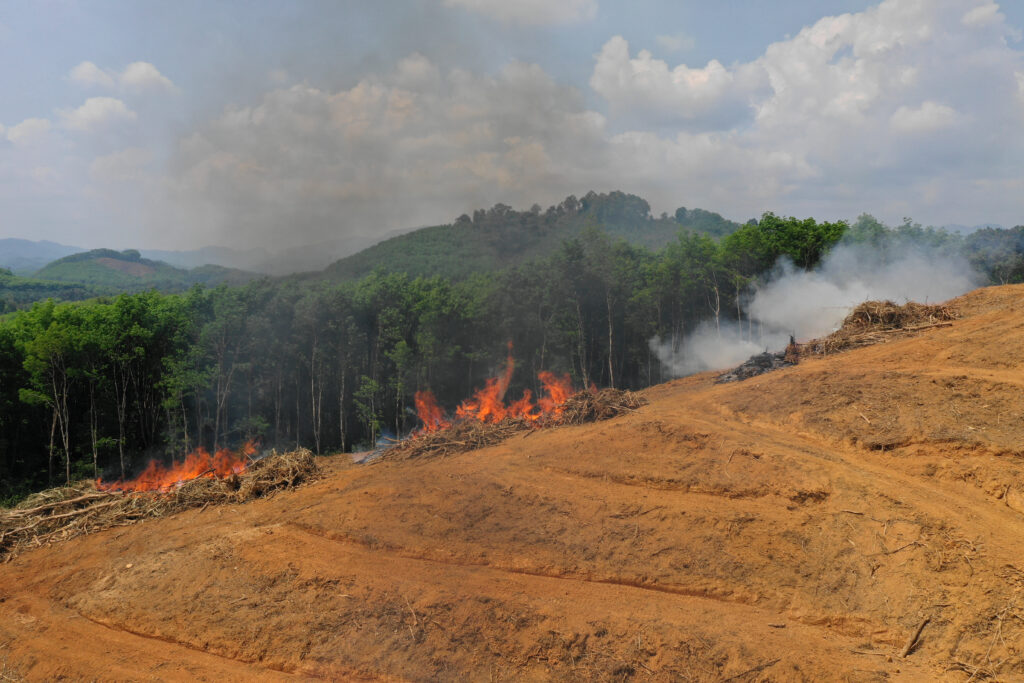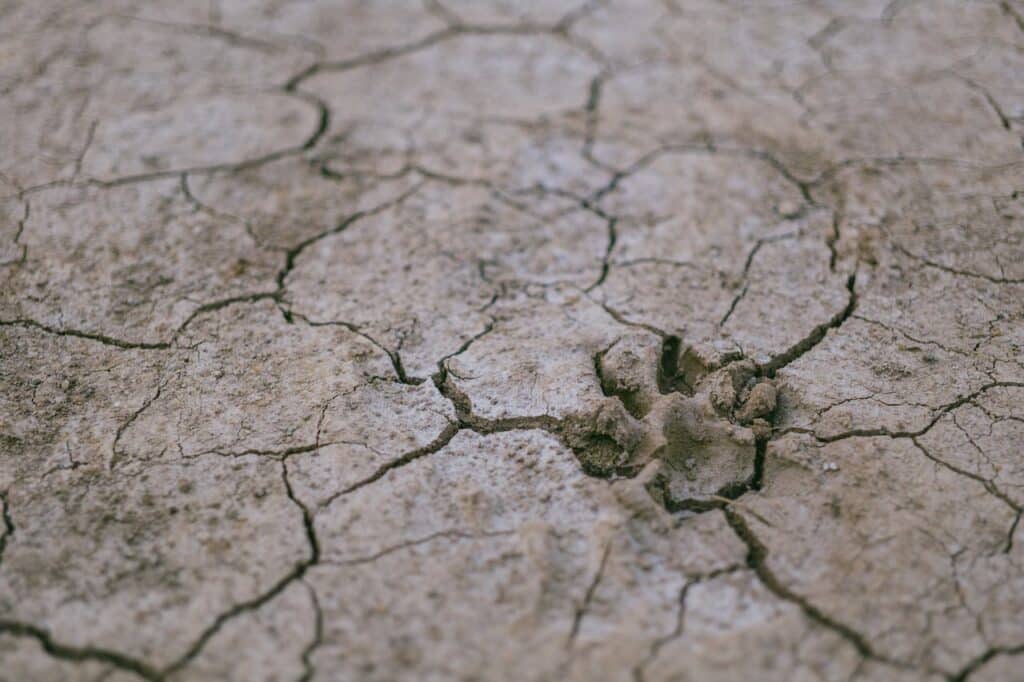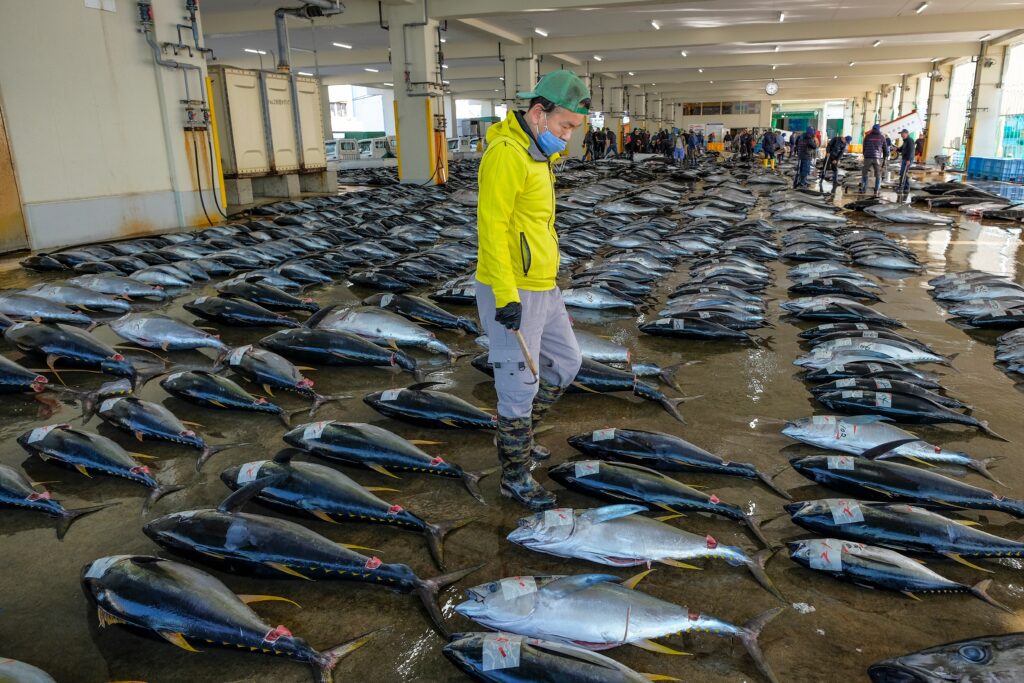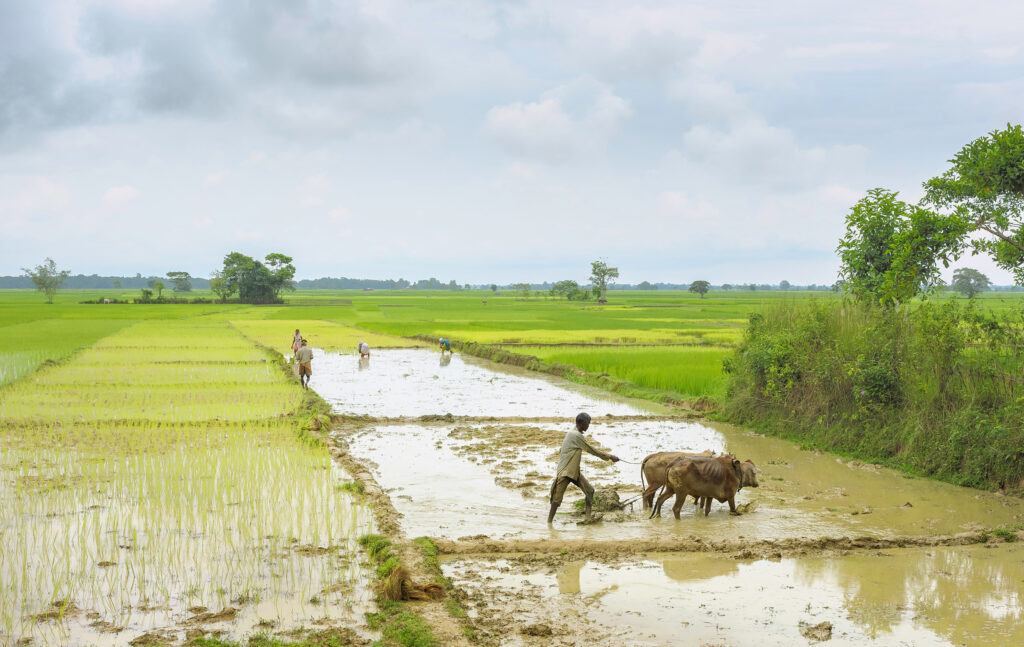Falling pH levels in the oceans’ waters, crumbling coral reefs and the thinning shells of ocean life that form the basis of the food chain show that ocean acidification effects are rapidly growing. It is a climate change-induced threat that impacts ocean life, marine organisms and ocean ecosystems, as well as the humans that depend on them. Increasingly, ocean acidification is threatening tourism, an industry that generated more than USD 1.6 trillion globally in 2017.
In 1875, the ship HMS Challenger, on its oceanographic journey around the world, collected shelled creatures from the depths of the Pacific Ocean. Close to a century and a half later, scientists are comparing the shells of similar animals collected now in the Pacific. The findings are deeply troubling.
“What we’ve seen is that some of these organisms’ shells are up to 76% thinner in the modern day than they were at the time of the Challenger,” says Dr Giles Miller, principal curator of micropaleontology at the Natural History Museum, London.
The cause of the shell thinning: ocean acidification.
What is Ocean Acidification?
Ocean acidification refers to the decrease in pH levels of ocean water due to increased absorption of carbon dioxide (CO2) from the atmosphere.
Since the mid-19th century, the pH (acidity/alkalinity) levels have dropped in the world’s oceans, leading to a 40% increase in acidity. This rise in acidity is caused by rising carbon dioxide levels in the atmosphere brought on by the burning of fossil fuels. A portion of that CO2 is absorbed into the ocean. Oceans then absorb carbon dioxide from the atmosphere.
This acidity has dire consequences on the oceans and marine species, as well as the tourist industry that depends on the oceans. According to a University of Cambridge report, ocean acidification is threatening coral reef ecosystems. Similar to the shells of the small seaborne animals collected in the Pacific, the process of ocean water acidification decreases calcium carbonate in the water, leaving less of it available for reef-building corals and causing coral reefs to crumble.
These reefs – and the entire ecosystems of marine life they support – are important tourist attractions. On their own, they contribute USD 11.5 billion annually to global tourism revenues.
Economic Impact on Climate Change and Tourism
The University of Cambridge’s report notes that more than 100 countries benefit from the recreational value of their coral reefs. Dive tourists, particularly more experienced divers, can be sensitive to coral bleaching, by which whole sections of a reef die off, and abandon the activity.
In Australia alone, the Great Barrier Reef Marine Park attracts about 1.9 million visits each year. This tourist activity generates more than USD 3.7 billion in revenue for the Australian economy. As the University of Cambridge report points out, coastal tourism is the largest component of the global tourism industry. Meanwhile, it is important to note that more than 60% of Europeans opt for beach holidays, and coastal tourism makes up more than 80% of tourism revenues in the United States.
The important role of ocean or coast-based tourism increases the economic impact of ocean acidification on coastal communities. Liz Perotti, education and outreach coordinator at The National Oceanic and Atmospheric Administration’s Ocean Acidification Program, notes, “Communities and industries that rely on healthy ecosystems may be impacted”.
Perotti noted that oyster aquaculture was one of the first industries directly affected by ocean acidification, as “young larval oysters are particularly sensitive to ocean acidification conditions”.
“Regions and industries that rely on healthy coral reefs for tourism or fishing also may be at risk” from ocean acidification, she added.
“Many coastal communities around the world rely on robust fisheries and healthy ecosystems to support tourism, food industry, recreation and fishing. Ocean acidification is one stressor to some of these ecosystems.”
Solutions Within Reach?
There are potential mitigating solutions within reach, however, that could reduce ocean acidification, Perotti says.
“One avenue of emerging research is marine carbon dioxide removal. There are several proposed methods for direct capture and sequestration of carbon in the ocean. Since the ocean is a great sponge for absorbing carbon, the idea of these methods is to ensure you can’t squeeze that back out for a long time,” she says.
She pointed to a NOAA carbon dioxide removal research strategy draft that discusses techniques for decreasing CO2 in the oceans to reduce their acidity. The techniques include “direct ocean capture,” a process in which technologies remove and capture CO2 directly from the ocean water by changing the pH of the treated water. They then return the decarbonised water to the environment.
Another possibility is “macroalgal cultivation”, through which carbon dioxide in the ocean is sequestered via the cultivation of macroalgae. The macroalgae absorb the CO2 and are then buried in sediment.
Another option is “ocean alkalinity enhancement,” by which alkaline minerals on land or in the oceans are increased. They artificially increase seawater alkalinity, or decrease acidity, thereby changing a natural air-sea gas exchange into a CO2 removal process.
However, despite these solutions, reducing the source of carbon dioxide emissions – burning fossil fuels – would be essential for any strategy’s success.
Sam Kimball
Journalist, Tunisia
Sam is a freelance reporter, writer, communications consultant and social researcher for a variety of clientele including The Intercept, Foreign Policy, TIME, The Guardian, the Associated Press, Unicef, World Food Program and more. He has been based across the Middle East and North Africa for ten years. Sam hails from Warwick, New York, and studied anthropology and creative writing at the City College of New York and Middle East politics at New York University. He speaks English, French, Standard Arabic and multiple Arabic dialects, basic Kurdish, and has recently started studying Spanish.
Sam is a freelance reporter, writer, communications consultant and social researcher for a variety of clientele including The Intercept, Foreign Policy, TIME, The Guardian, the Associated Press, Unicef, World Food Program and more. He has been based across the Middle East and North Africa for ten years. Sam hails from Warwick, New York, and studied anthropology and creative writing at the City College of New York and Middle East politics at New York University. He speaks English, French, Standard Arabic and multiple Arabic dialects, basic Kurdish, and has recently started studying Spanish.

